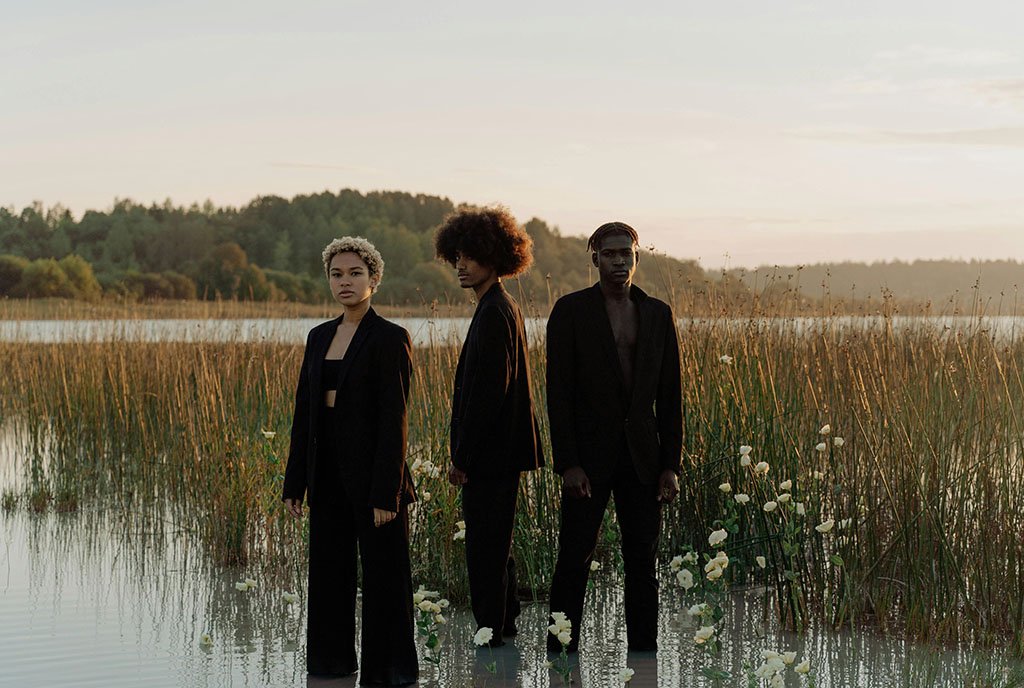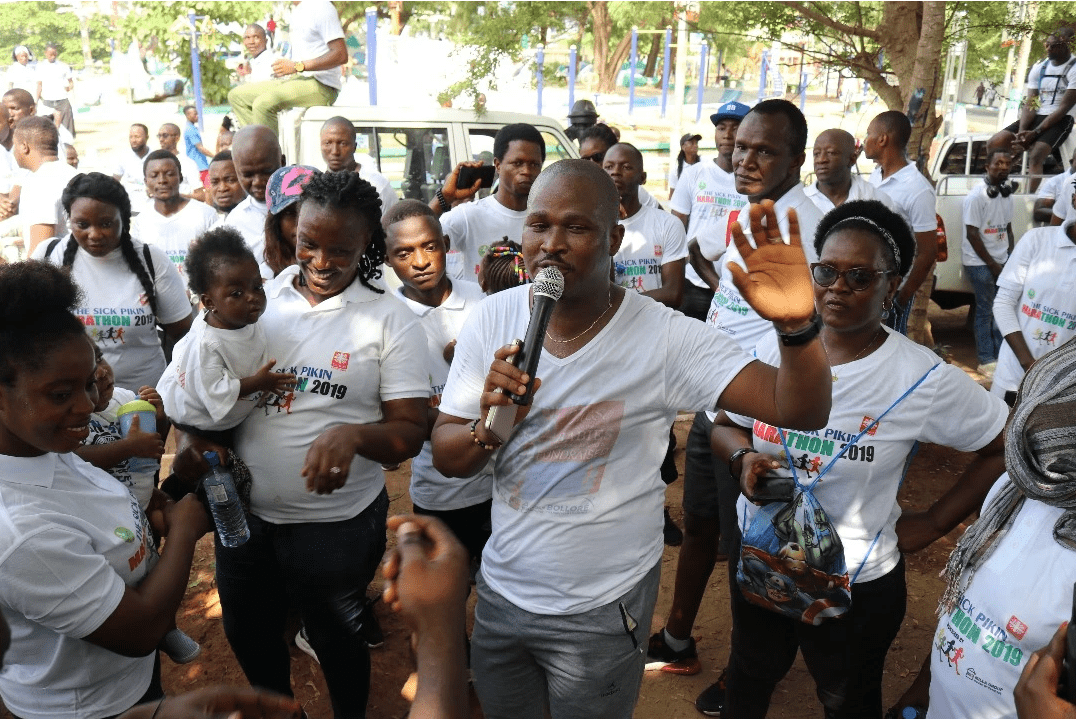Research shows that the culture inside an organization dramatically impacts its effectiveness. “Culture” means the attitudes, beliefs, customs, practices, and social behaviors that characterize a group of people. So your organizational culture means all that.
Organizational culture can be good or bad—or just mediocre. Probably, we’ve all worked in a toxic organization at one time or another. Or watched a toxic organizational culture from afar, as far away as possible!
I think a culture of philanthropy is a principal component of a positive corporate culture in a nonprofit organization. In my experience, professionals and organizations that nurture a culture of philanthropy are more likely to be effective and successful.
A culture of philanthropy is the perfect blend of philanthropy and fund development. A philanthropic culture embraces both donor-centrism and donor loyalty. This culture embodies the virtuous circle of relationships.
Sign up for our free newsletters
Subscribe to NPQ's newsletters to have our top stories delivered directly to your inbox.
By signing up, you agree to our privacy policy and terms of use, and to receive messages from NPQ and our partners.
In a culture of philanthropy, giving is the highest of callings. People in the organization break the obsession with transactions and mechanics and cherish interests and motions. Each person in the organization serves as an ambassador, promoting the organization’s mission and promoting philanthropy.
So what’s our role in the culture of philanthropy? As an organizational leader, you help define and then consciously nurture this culture.
How do you start? At the beginning—by asking questions. How many times in this column have I said, ask strategic (and cage-rattling) questions? Use these questions with your staff colleagues—perhaps at a staff meeting or staff retreat. Use these questions with your board.
- What kind of process would help your organization examine and evaluate its organizational culture, define any desired changes, and then make the change?
- How do you all, together, describe your organization’s current culture, its personality? How does it feel to work here?
- How does this culture affect your enthusiasm and commitment, your behaviors and interactions?
- How would you describe an organizational culture that motivates its employees and volunteers, stimulating creativity and respect, generating enthusiasm and collegiality?
- What would a culture of philanthropy look and feel like for your staff and volunteers?
- How would you nurture this culture of philanthropy in your organization?
How is a culture of philanthropy different from a culture of greed?












